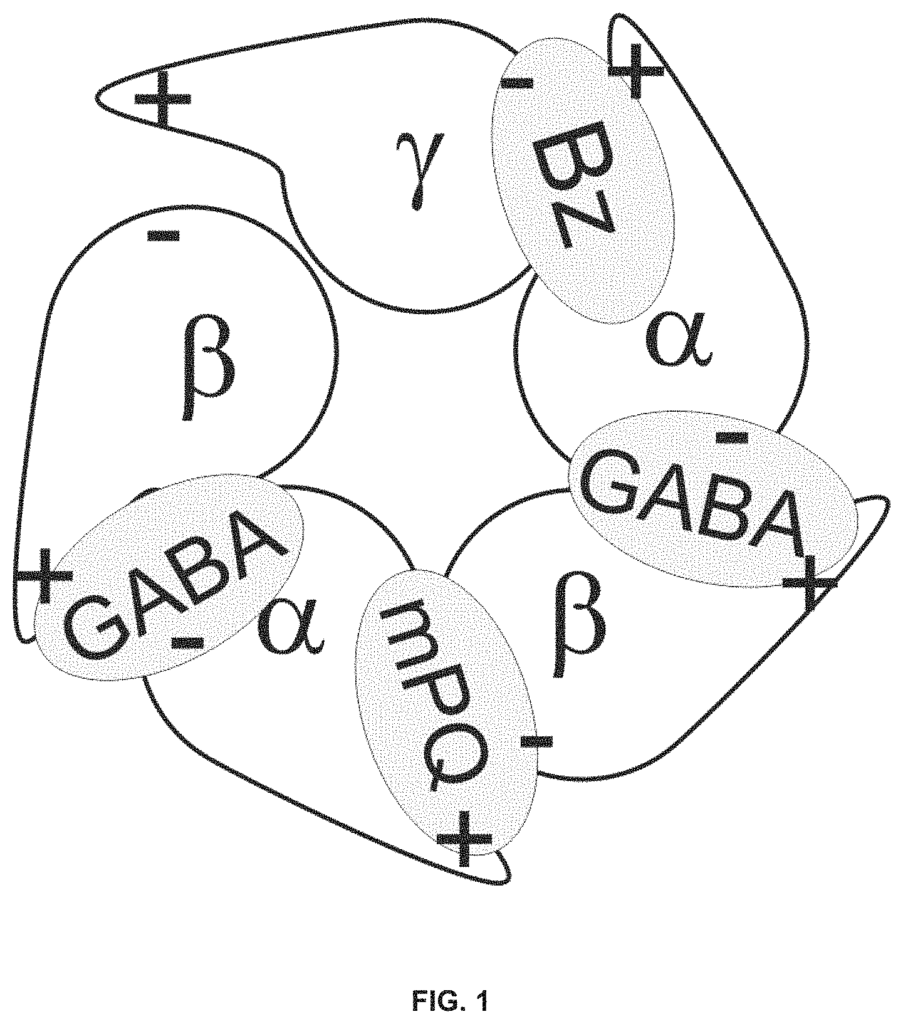Targeting GABAA Receptors for Precision Neurological Treatments
Introduction
In recent years, our understanding of the brain’s complex signaling pathways has led to new possibilities for treating neurological conditions. One such pathway is mediated by GABAA receptors, which play a critical role in regulating neuronal excitability. While existing drugs target these receptors broadly, they often come with significant side effects due to their lack of selectivity. Our patented ligands, selective to the alpha 6 subunit-containing GABAA receptors, offer a targeted approach that enhances therapeutic precision and reduces unwanted effects, offering new hope for treating a range of central nervous system (CNS) disorders.
The Need for Greater Specificity in Neurological Treatments
Traditional drugs that target GABAA receptors, such as benzodiazepines, are widely used for treating anxiety, epilepsy, and sleep disorders. However, their broad interaction with multiple subtypes of GABAA receptors often results in side effects like sedation, dependence, and impaired motor function. These adverse effects limit the long-term use of these therapies, leaving clinicians and patients with difficult trade-offs between efficacy and safety.
As our understanding of GABAA receptor subtypes advances, there is a growing need for drugs that can selectively target specific receptor subunits to achieve therapeutic benefits without the accompanying side effects. This specificity would allow for more effective treatments, particularly for neurological conditions that are resistant to current therapies or where existing treatments are too broad-acting.
A Breakthrough in Targeted Neurological Therapies
Our selective ligands target the alpha 6 subunit-containing GABAA receptors, which are primarily found in regions of the brain associated with motor control and pain modulation. By focusing on this specific receptor subtype, these ligands offer the potential to treat conditions such as chronic pain, anxiety, and epilepsy with improved precision and fewer side effects compared to traditional GABAA receptor modulators. This specificity minimizes the risk of sedation or cognitive impairment, making the therapy safer for long-term use.
This innovation also opens the door to developing more refined therapies for CNS disorders, where a tailored approach to receptor modulation is critical for improving patient outcomes.
Key Advantages
- Enhanced Selectivity: Targets the alpha 6 subunit specifically, reducing side effects like sedation and dependence.
- Broad Applications: Potential to treat a wide range of CNS disorders, including anxiety, epilepsy, and chronic pain.
- Safer Long-Term Use: By minimizing adverse effects, these ligands offer a safer alternative for patients requiring ongoing treatment.
- Improved Patient Outcomes: Focused therapy on specific receptor subunits leads to better efficacy and patient satisfaction.
Advancing the Future of CNS Therapies
Licensing this selective ligand technology provides pharmaceutical companies with the opportunity to lead in the development of next-generation neurological therapies. Offering greater precision and fewer side effects, this innovation represents a significant step forward in treating complex CNS conditions.

- Abstract
- Claims
Share
Title
Ligands selective to alpha 6 subunit-containing GABAA receptors and their methods of use
Inventor(s)
James Cook, Daniel Knutson
Assignee(s)
UWM Research Foundation Inc
Patent #
11427582
Patent Date
August 30, 2022

